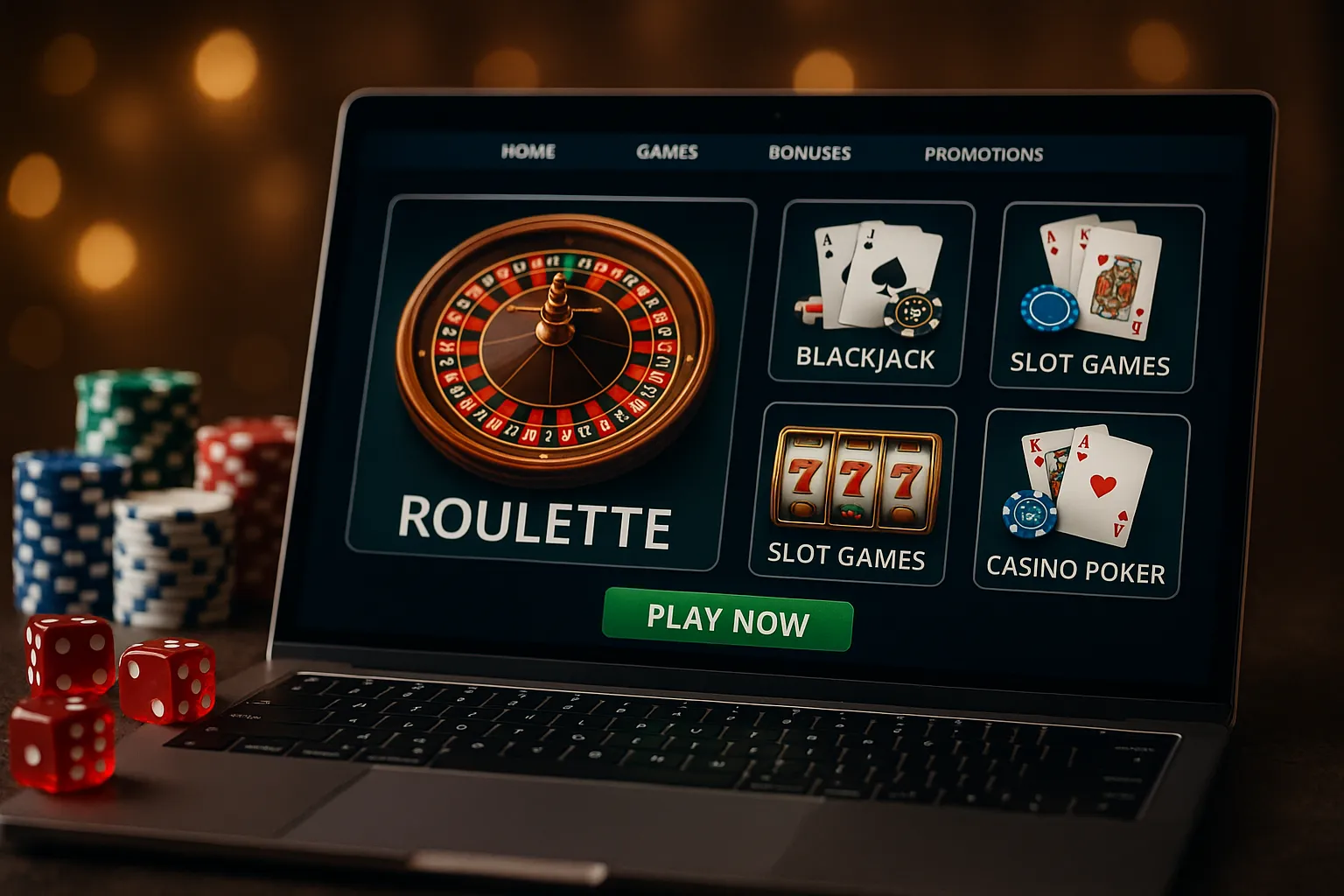When people think of casinos, they often picture a live dealer shuffling cards or dice rolling across a table. That physical randomness is what reassures players that games are fair. But when it comes to online casinos, everything happens in a digital environment. There are no cards, no dice, and no physical roulette wheels. So how do players know the results are truly random and not manipulated by the casino?
As someone who has explored both land-based and online casinos, I can tell you that the industry has built an entire framework of technology, regulation, and transparency to keep things fair. Let’s dive deeper into how this works and why you can trust the results when you play online.
The Role of Random Number Generators (RNGs)
The backbone of fairness in online casinos is the Random Number Generator, often called RNG. Think of it as the digital version of rolling dice a million times a second. An RNG continuously produces strings of unpredictable numbers, even when no one is playing.
When you spin a slot reel or draw a digital card, the RNG instantly assigns a number that translates into the game outcome. Because the process is constant and independent, neither the casino nor the player can predict or control what comes next. This is why RNGs are so central to online gaming fairness. In fact, players exploring budget-friendly options like £1 deposit casinos also rely on the same RNG technology, ensuring that even with small stakes, the outcomes are based on genuine randomness rather than manipulation.
Third-Party Testing and Certification
Of course, casinos can’t just expect players to take their word for it. That’s where independent testing agencies come in. Organizations like eCOGRA, iTech Labs, and GLI audit RNGs regularly to confirm they’re functioning properly. They run simulations to check payout percentages and make sure game results fall within expected ranges.
When a casino is licensed and certified, players can usually see a seal or link to the audit reports. These certifications aren’t just for show — regulators require them before granting a license. For players, this independent oversight is a huge reassurance.
Game Transparency and Return to Player (RTP)
Another way fairness is maintained is through the Return to Player percentage, commonly known as RTP. This figure shows what percentage of total wagers a game is expected to return to players over the long run. For example, a slot with a 96% RTP means that on average, £96 is paid back for every £100 wagered, though not necessarily to the same player.
Casinos publish RTP rates to give players a clear understanding of what to expect. If you’ve ever felt like a slot machine is “cold,” the RTP helps explain the balance between luck and mathematical probability. Knowing these rates allows players to make informed choices about which games to play.
Live Dealer Games and Human Oversight
For players who prefer the human element, many online casinos now offer live dealer games. These use real cards, wheels, and dice broadcast via video stream. While the experience is digital for the player, the randomness comes from physical objects just like in a traditional casino.
Live dealers not only provide trust through human oversight but also add a social dimension. Chatting with dealers and other players makes the experience feel more authentic, bridging the gap between online and land-based casinos.
Licensing and Regulation
No matter how advanced the technology, it’s regulation that really holds casinos accountable. Reputable online casinos operate under licenses from authorities like the UK Gambling Commission, Malta Gaming Authority, or Gibraltar Regulatory Authority. These bodies impose strict rules about game fairness, responsible gambling tools, and complaint handling.
Unlicensed casinos, on the other hand, pose real risks. Without regulation, there’s no guarantee that games are fair or that winnings will even be paid out. That’s why players should always check licensing information before signing up.
The Importance of Player Awareness
Even with all the fairness measures in place, player awareness is critical. Many players assume that because they lose a few times in a row, the game must be rigged. In reality, randomness often feels streaky. Just as flipping a coin can land on heads five times in a row, digital randomness can produce surprising runs.
Understanding how RNGs and RTPs work helps players manage expectations. Games are designed for entertainment, not guaranteed profit, and keeping this perspective makes the experience more enjoyable and less stressful.
Real-World Example: How RNG Prevents Bias
A few years ago, I tested two different online blackjack games, one from a top-rated site and another from a less familiar platform. After playing dozens of hands, the results from the reputable site aligned with standard blackjack odds. The lesser-known platform, however, raised red flags — the dealer was consistently drawing perfect cards. When I checked, I found the casino had no license or third-party certification. That experience reinforced for me how vital regulation and RNG testing really are.
Final Thoughts
Online casinos may not have the tactile reassurance of physical dice or cards, but they use advanced systems to maintain fairness. Random Number Generators ensure unpredictable results, independent agencies audit games, licensing bodies enforce standards, and RTP rates keep payouts transparent. For players, choosing regulated casinos with proper certifications is the key to a safe and fair experience.
Whether you’re playing slots, blackjack, or live dealer roulette, the digital framework is designed to be as fair — and often more transparent — than its land-based counterpart. Trust the systems, know the rules, and enjoy the games responsibly.








